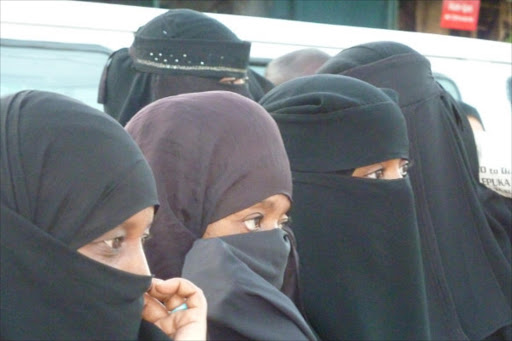
Authorities in Kismayo, a southern Somali city, have launched a crackdown on Islamic face veils, known as niqabs. Police chief Warsame Ahmed Gelle announced that hundreds of these veils have been confiscated from female residents in an operation aimed at enhancing security.
The move comes in response to fears that jihadists could use the full-face coverings to conceal their identities and carry out attacks. This concern has been heightened following a recent deadly attack at a beachfront location in Mogadishu, which killed dozens.
During the operation, which began last Wednesday, officers stop women in the streets and force them to remove their niqabs. Women caught wearing the garment face potential jail time or fines. This enforcement is limited to Kismayo and its surrounding areas, as much of southern Somalia remains under the control of al-Shabab, an al-Qaeda-affiliated group.
While the niqab ban was initially introduced in 2013, it has rarely been enforced until now. The crackdown has sparked debate, as the niqab is seen by many as a sign of modesty in Islam, the predominant religion in Somalia. Most Somali women opt for the hijab, which covers the hair but not the face.
This action reflects the ongoing security challenges in Somalia, particularly in areas bordering al-Shabab-controlled territories. It also highlights the delicate balance between security measures and religious practices in a region grappling with persistent threats from extremist groups.
